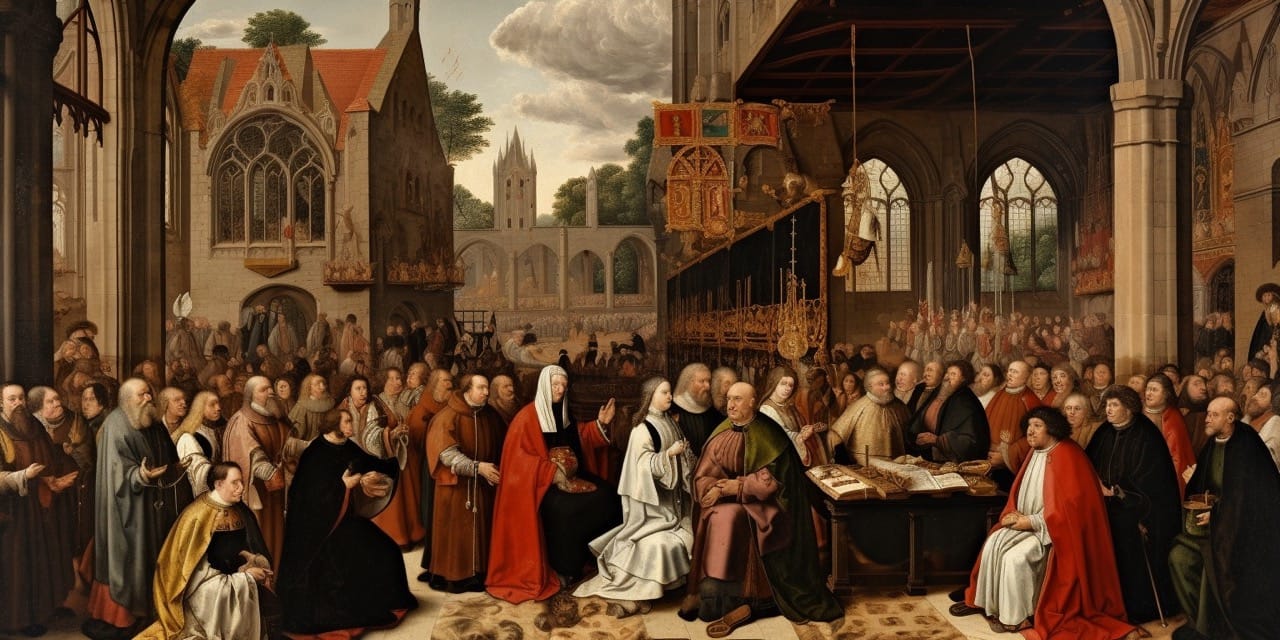What is Catholic Social Teaching?
Catholic Social Teaching (CST) represents the Catholic Church’s reflections and core principles on social, political, and economic practices that affect humanity. Rooted in the Bible and articulated through a tradition of written documents, it acts as a moral framework for ensuring justice and equality in society. It emphasizes the inherent dignity of each person, the requirement of solidarity, and the need for stewardship of creation.
How Does Catholic Social Teaching Influence Decision-Making?
1. Societal Level: Catholic Social Teaching influences societal decisions by promoting principles such as the common good, subsidiarity, and the universal destination of goods. It encourages leaders and communities to consider how laws, policies, and actions can serve all members of society, particularly the marginalized and poor. For instance, it advocates for fair wages, humane working conditions, and adequate social safety nets, aiming to uplift those at the economic margins.
2. Individual Level: On a personal level, CST informs individual choices by embedding a sense of responsibility and compassion in daily actions and decisions. It calls on individuals to see the face of Christ in others, particularly in the suffering or needy, and to act accordingly in charity and justice. This might manifest in personal commitments to ethical purchasing, environmental stewardship, and active participation in community and political life to advocate for just policies.
Living Out Catholic Social Teaching
1. Educate Yourself and Others: One of the first steps to living out CST is through education. Understanding the key principles of CST and the social issues at stake allows individuals to make informed decisions that align with these teachings. Parishes and schools can aid this by incorporating CST into their education programs.
2. Engage in Community and Political Life: Catholic Social Teaching encourages active participation in political and community life to advocate for laws and policies that protect human dignity and promote the common good. This could involve voting, participating in local councils, or supporting movements that align with CST principles.
3. Support Works of Charity and Justice: Catholic Social Teaching compels us to engage in both charity and justice. This means not only helping those in immediate need but also working to change unjust systems that perpetuate poverty and inequality. Supporting organizations that work towards these goals can be a practical way of living out CST.
4. Foster Personal and Community Actions: Integrating CST in personal life involves everyday decisions in the family, workplace, and market. This includes practicing fair trade, reducing waste, sharing resources generously, and respecting the dignity of others in all interactions.
5. Prayer and Reflection: Incorporating prayer and reflection into daily life is vital for those wishing to live out Catholic Social Teaching. It strengthens the spiritual foundation necessary to pursue justice and peace actively. Reflection on scripture and CST documents can provide insights and motivation to apply these teachings in real-world contexts.
Conclusion:
Catholic Social Teaching is a rich resource for Catholics and all people of goodwill to understand and respond to the challenges of contemporary society. It provides a blueprint for building a more just and compassionate world where every individual can realize their God-given potential. By educating ourselves, engaging in societal issues, supporting charitable works, and applying CST in our daily lives, we can make a significant impact on our world.
